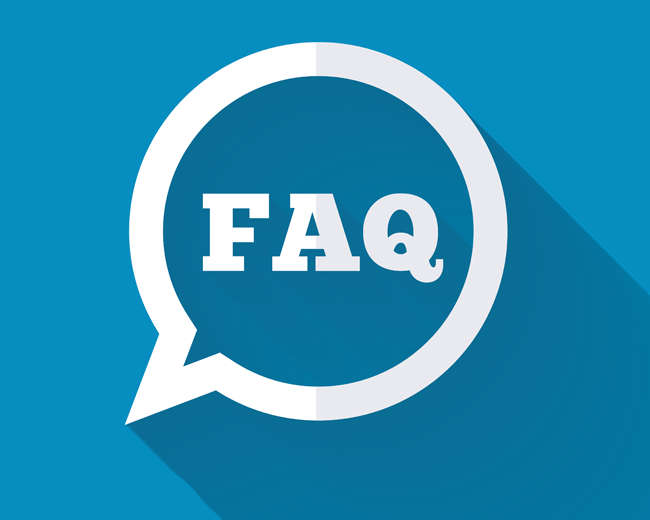Here are some commonly-asked questions about how you might be affected:
Q: I don’t have health insurance. Will I have to get it, and what happens if I don’t?
A: Under the legislation, most Americans will have to have insurance by 2014 or pay a penalty. The penalty would start at $95, or up to 1 percent of income, whichever is greater, and rise to $695, or 2.5 percent of income, by 2016. This is the individual limit; families have a limit of $2,085 or 2.5 percent of household income, whichever is greater. Some people can be exempted from the insurance requirement, called an individual mandate, because of financial hardship or religious beliefs or if they are American Indians, for example.
Q: I want health insurance, but I can’t afford it. What do I do?
A: Depending on your income, you might be eligible for Medicaid, the state-federal program for the poor and disabled, which will be expanded sharply beginning in 2014. Low-income adults, including those without children, will be eligible, as long as their incomes didn’t exceed 133 percent of the federal poverty level, or $14,404 for individuals and $29,326 for a family of four, according to current poverty guidelines.

